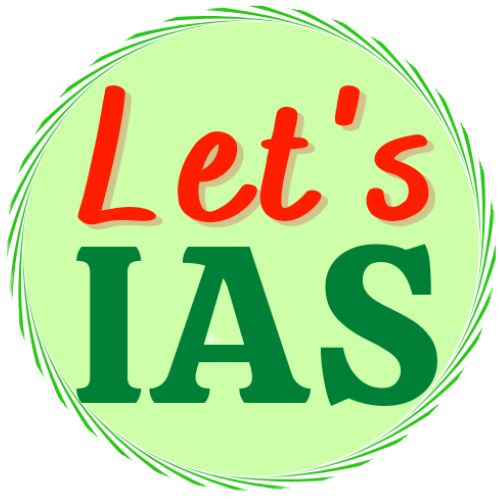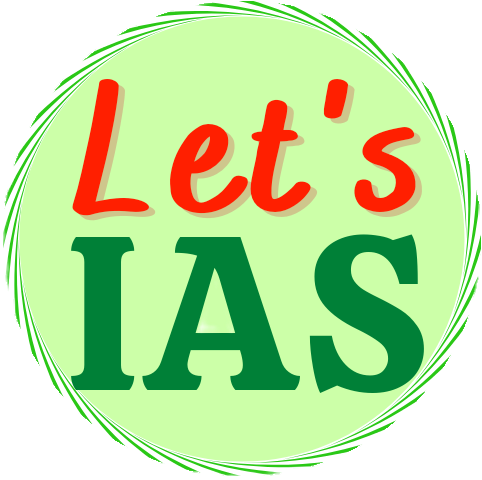ETHICS
UPSC Ethics Paper: Introduction
The UPSC has introduced the ethics paper, officially called the General Studies Paper IV in the year 2013. Out of the total 250 marks allotted to this paper, a theoretical questions worth 125 marks are asked. The remaining 125 marks are for reserved for case studies where a lot depends on the candidate’s ability to think ethically and make correct, justifiable decisions.
For some Aspirants it’s not easy to understand the need for a paper like this in the civil services exam. Although there is a definite syllabus for the ethics paper, the paper balances theory and practical parts equally. To understand the need for a paper on ethics, one needs to look at the purpose of conducting the civil services exam. The exam is conducted to recruit officers into the country’s civil services and the diplomatic service. The civil service is one of the most important institutions in the country. It is the administrative backbone of a nation and the country literally runs on it. Its officers have an important role in policy formulation and implementation. Their functions have a deep and direct impact on citizens. So, it is crucial that civil services be a transparent and honest institution. The officers must portray the highest standards of integrity, honesty and scrupulousness.
Unfortunately, today the civil service has largely diminished in values and its image has taken a severe beating in the eyes of the public. The officers are seen as corrupt although there are many numbers of upright and honest officers who place service before self.
The solution to any problem might be to nip it in the bud; prevent an issue or a blemish from mushrooming further. It is in this light that the Ethics Paper was introduced by the Commission. A look at the UPSC syllabus for GS Paper 4 reveals the traits on which candidates would be assessed in the paper. Attitude, aptitude, emotional intelligence, ethics in public administration, probity in governance, etc. are areas where a candidate’s personal discretion and nature come into play. USPC hopes to assess the candidate’s adherence to rules in the face of temptations and restrictions. It also hopes to assess a candidate’s ability to make decisions despite pressure from various quarters. Through this paper, the UPSC wishes to eliminate those candidates who do not fit into the picture of an honest and sincere officer for whom duty comes before personal choices and biases. In simple words, a paper on ethics is needed in the civil services exam because of the need for ethics in civil services.
Ethics Foundation Batch
Medium: English
Duration: 10 Weeks
Mode: Offline- Classroom Batch (Delhi)
Fees: 28,000 (including GST)
About The Course
The Ethics Paper is one of the key determinants of cracking the UPSC Civil Services Mains Examination or for that matter even in getting in the top rank in the final list. This paper has the potential of scores ranging from an average of 120 to 150 marks, as opposed to papers such as GS Papers 1 and 2 where the average hovers from 80-90 marks to a high of around 120 marks. Thus, its effective weightage in the total score is very high. (Although 125+ Marks in ethics are considered to be excellent. Please Note in UPSC 2019 and 2023 marking in this paper was very loose so to compare with other year’s marks, subtract 15% in your score, if you are considering these two attempts marks)
- Special emphasis on conceptual clarity and answer writing skills. Regular practice and discussion of previous years’ & probable questions. Totally Administrative Approach.
- Around 60 classes of 2 hours approx.
- Printed notes will be provided to you.
- 4 Sectional + 1Full class tests for practising answer writing. Answer copies will be evaluated by Anurag Tripathi Sir Personally.
- Complete & Comprehensive Coverage of Ethics Terms & Terminologies
- Coverage of key issues and expected questions through Questions & Answers
- Techniques of Quality Notes Making
This module will also include the Case Studies.
UPSC Syllabus : Ethics/GS Paper IV
Ethics, Integrity and Aptitude
This paper will include questions to test the candidates’ attitude and approach to issues relating to integrity, probity in public life and his problem solving approach to various issues and conflicts faced by him in dealing with society. Questions may utilise the case study approach to determine these aspects. The following broad areas will be covered:
- Ethics and Human Interface: Essence, Determinants and Consequences of Ethics in – Human Actions; Dimensions of Ethics; Ethics – in Private and Public Relationships. Human Values – Lessons from the Lives and Teachings of Great Leaders, Reformers and Administrators; Role of Family Society and Educational Institutions in Inculcating Values.
- Attitude: Content, Structure, Function; its Influence and Relation with Thought and Behaviour; Moral and Political Attitudes; Social Influence and Persuasion.
- Aptitude and Foundational Values for Civil Service, Integrity, Impartiality and Non-partisanship, Objectivity, Dedication to Public Service, Empathy, Tolerance and Compassion towards the weaker-sections.
- Emotional Intelligence-Concepts, and their Utilities and Application in Administration and Governance.
- Contributions of Moral Thinkers and Philosophers from India and World.
- Public/Civil Service Values and Ethics in Public Administration: Status and Problems; Ethical Concerns and Dilemmas in Government and Private Institutions; Laws, Rules, Regulations and Conscience as Sources of Ethical Guidance; Accountability and Ethical Governance; Strengthening of Ethical and Moral Values in Governance; Ethical Issues in International Relations and Funding; Corporate Governance.
- Probity in Governance: Concept of Public Service; Philosophical Basis of Governance and Probity; Information Sharing and Transparency in Government, Right to Information, Codes of Ethics, Codes of Conduct, Citizen’s Charters, Work Culture, Quality of Service Delivery, Utilization of Public Funds, Challenges of Corruption.
- Case Studies on above issues.
For Admission and Fees Payment Please Contact – TELEGRAM Whatsapp

